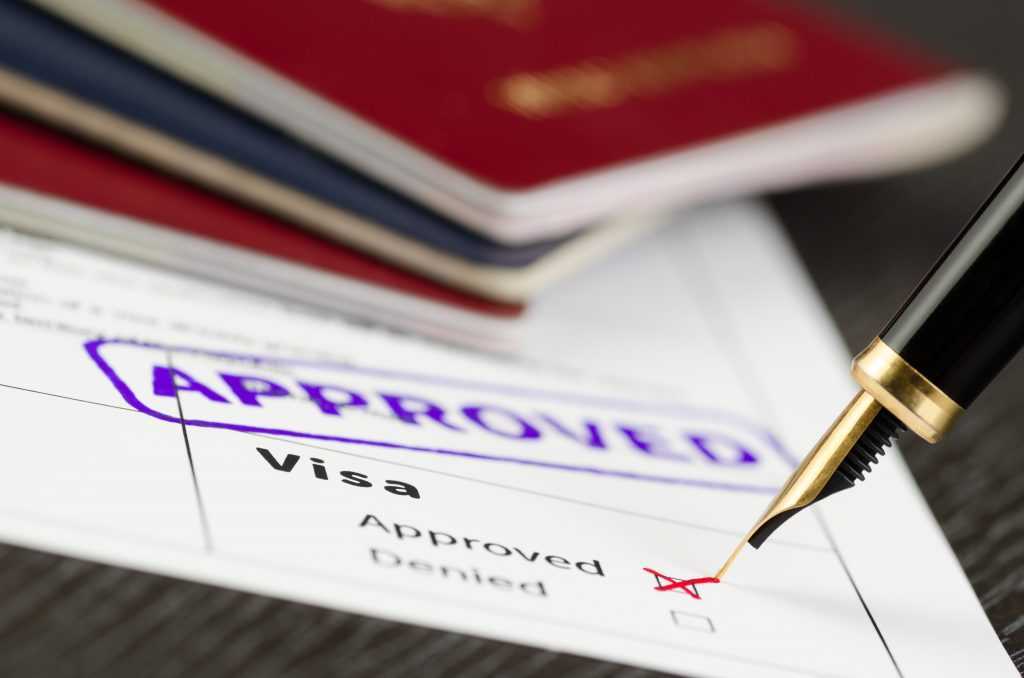 In January 2017, tech leaders across the U.S. and abroad expressed their qualms regarding President Donald Trump’s plans to change immigration policies across the board. Among the many visa categories, the president has proposed new rules for those wanting to enter the country via H-1B visa. As an employment-based, non-immigrant visa category, it will also hurt several tech employers in Utah and nationwide.
In January 2017, tech leaders across the U.S. and abroad expressed their qualms regarding President Donald Trump’s plans to change immigration policies across the board. Among the many visa categories, the president has proposed new rules for those wanting to enter the country via H-1B visa. As an employment-based, non-immigrant visa category, it will also hurt several tech employers in Utah and nationwide.
Proposed Changes for H-1B Visa Norms
H-1B visas are usually awarded to the highest-paying and highest-skilled jobs across a range of disciplines. Unlike other visa norms which are awarded through a random lottery, you won’t have to wait years to get an H-1B visa, granting that you meet all the requirements and have already secured a sponsoring employer.
One of the changes proposed by Trump and reforms lobbied by senators is to double the minimum salaries of H-1B visa holders to $130,000; furthermore, new rules are being positioned to give preference to students educated in the U.S. and to prohibit spouses of H-1B visa holders from working in the country. To sum it up, many of the proposed reforms are aimed at making it difficult for companies to employ skilled foreign workers.
How Does It Affect Utah’s Tech Sector?
A big percentage of the workforce consists of skilled migrants from India and Asia. You can say that they have played a big role in building one of the country’s most competitive and lucrative sectors. As a net creator of highly specialized jobs in the US, it is undeniable that R&D institutions will suffer from these changes. In the case of Utah and its metropolitan areas, new H1-B visa restrictions could hamper innovation and expansion operations.
Who Will Suffer the Most?
Indian tech companies have already expressed their outrage over the proposed legislation. According to a Hindustani Times report, over 86% of the H-1B visas issued for IT jobs go to Indian workers. This could mean millions of dreams shattered not only for highly skilled tech workers from India but from all parts of the world. The H-1B visa, which has allowed many of the best minds in the tech sector to work in America, will all too soon become more difficult to obtain.

